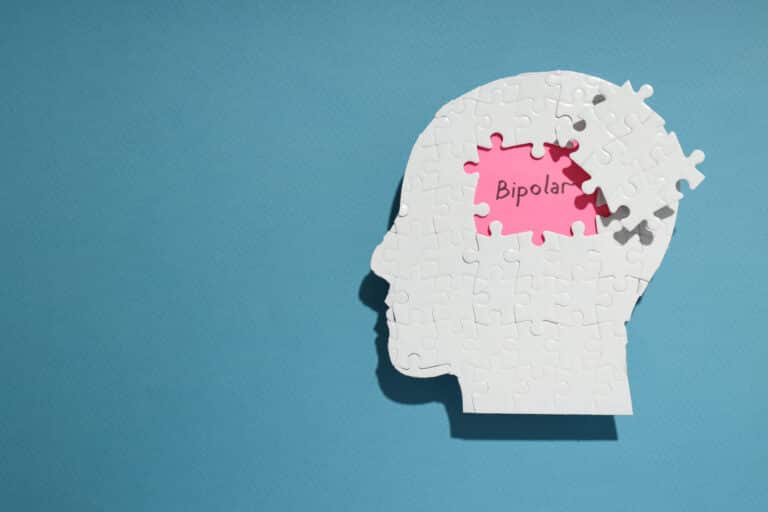Drinking every now and then isn’t a cause for concern with many adults. However, when drinking alcohol becomes routine and out of control, people may fall down the wrong path of addiction.
An estimated 17 million Americans are diagnosed with alcohol use disorder while 855 million ages 12 to 17 have alcohol use disorder.
No matter how difficult it may be to confront a drinking problem, it is never too early or too late to seek professional help. Even if you have struggled with alcohol use for a long time, you can recover.
If you or a loved one is struggling with alcoholism it’s important you know the stages of alcohol and how to get treatment.
What Are the 4 Stages of Alcoholism?
Alcohol addiction is way more complex than media or society portrays it to be. Each case of alcoholism has to begin somewhere. A number of signs of a drinking problem are not that obvious and can be easy to misinterpret due to the prevalence of drinking.
Alcohol use disorder is often broken down into 4 stages:
- Early Stage
- Middle Stage
- Late Stage
- End-Stage
Each stage has its own signs and symptoms to look out for; both mild to severe. Every person’s struggle with alcoholism is unique, and the path leading up to severe alcoholism looks different for each person.
It is important to understand that every journey begins somewhere in the early stage of alcoholism.
Stage 1: The Early Stage
The earliest stage of alcoholism often begins with an increased pattern of drinking. This can mean drinking more frequently, as well as drinking larger quantities of alcohol. Binge drinking, which involves having multiple drinks within a small window, is a common initial sign of a drinking problem.
The early stage of alcoholism begins when the individuals increase their patterns of drinking. This can be defined as drinking more than usual as well as in larger quantities.
This can often be seen with binge drinking. Binge-drinking is characterized by having multiple drinks at a time within a small window. It is common to see this act as an initial sign of a drinking problem.
Binge drinking is different for both men and women. It is considered binge drinking of men when they consume more than five drinks in a two-hour window. While women have to have four drinks in a two-hour window.
It is common among younger adults and teenagers to experiment with alcohol. While this is a key indicator of AUD it is not the only one. Other signs that indicate a problem can also include:
- Drinking out of boredom
- Drinking to relieve steres
- Developing a higher tolerance
- Frequently blacking out when drinking
Stage 2: The Middle Stage
The middle stage consists of a lot of cravings and developing a dependence on alcohol. During the middle stage, a person’s problem with alcohol consumption becomes more evident especially for those around them.
If an individual stays in a persistent stage of drinking, it can cause them to constantly crave and think about alcohol. This means spending a large majority of their time drinking and acquiring alcohol.
This dependence can cause the individual to experience major health problems and withdrawal symptoms such as:
- Depression
- Anxiety
- Agitation
- Sweating
- Increased heartbeat
- Nausea and vomiting
- Cravings
- Loss of Appetite
- Pale skin
Stage 3: The Late Stage
The late-stage involves severe alcohol use and addiction. At this point in an individual’s addiction, they will present a severe case of physical addiction and dependence on alcohol.
Dependence forms after problem drinking and eventually the individual will grow an attachment to alcohol that has taken over their day-to-day life.
This dependence also means that they have grown a tolerance to drinking meaning they have to consume more to achieve the same effects. Consequently, the individual will experience more damaging effects on their mind and body.
Stage 4: The End Stage
The last and final stage consists of a complete loss of control over drinking alcohol. At this point, the person feels that they must drink to go about their day. Their body physically needs the presence of alcohol in their system to function or feel normal.
Without consuming alcohol the individual will go through withdrawal symptoms and intense cravings. Withdrawal symptoms will include:
- Mood swings
- Anxiety
- Sleep problems
- Confusion
- Hallucinations
- Headaches
- Nausea, vomiting, or upset stomach
- Increased heart rate
- Increased body temperature
- Sweating
- Severe tumor
- Seizures
Alcoholism in its end stages can cause serious, even life-threatening health problems. Several medical problems can be caused by heavy and long-term alcohol consumption, including damage to the heart, liver, kidneys, and brain.
This stage can be difficult for the user and their loved ones to see a way out of their addiction but there is a solution.
Getting Treatment for Alcohol Use Disorder
Recovery begins with getting the alcohol out of the patient’s system. Addicts suffering from built-up chemical dependency experience dangerous withdrawal symptoms. To avoid potentially fatal complications, medically supervised alcohol detox is essential.
A few of the most common alcohol withdrawal symptoms are shaking hands, sweating profusely, anxiety, nausea, insomnia, seizures, and hallucinations.
Treatment centers like our Laguna Niguel Alcohol Rehab can provide evidence-based treatment methods to improve physical, mental, and behavioral health. To learn more about getting treatment with SoCal Sunrise Recovery Center, contact us today at (949) 284-7325.







